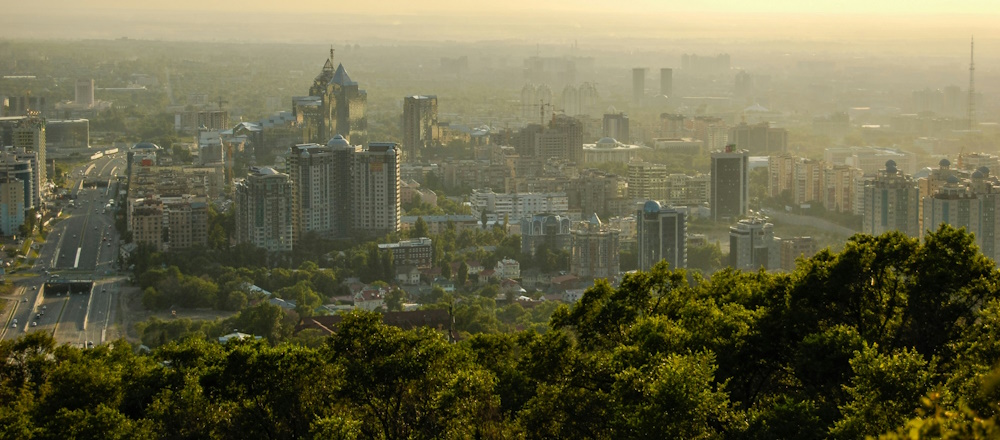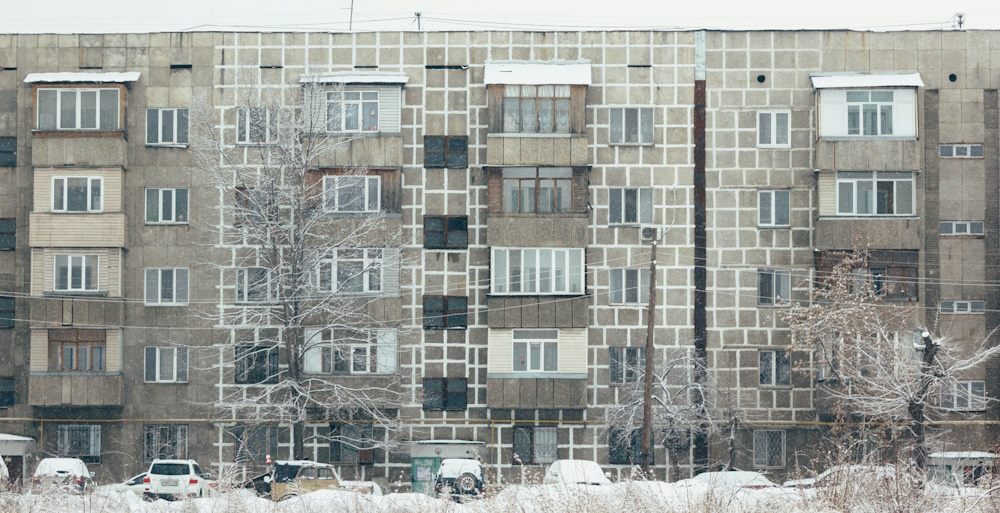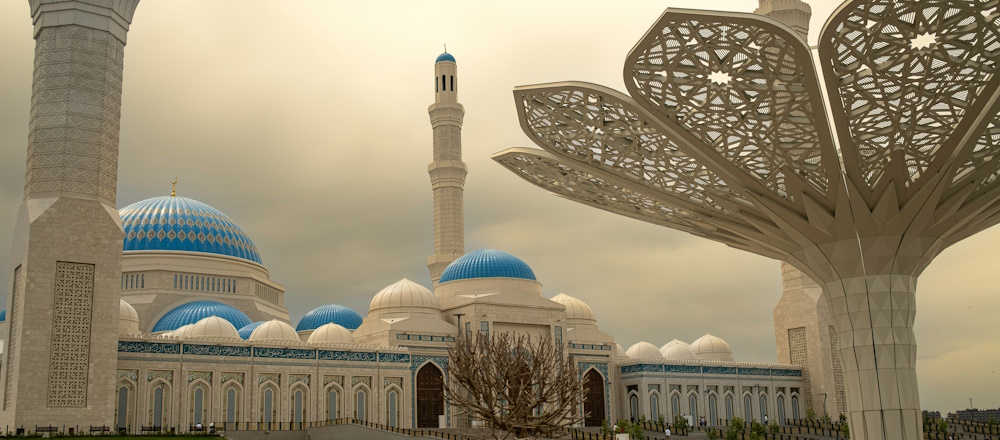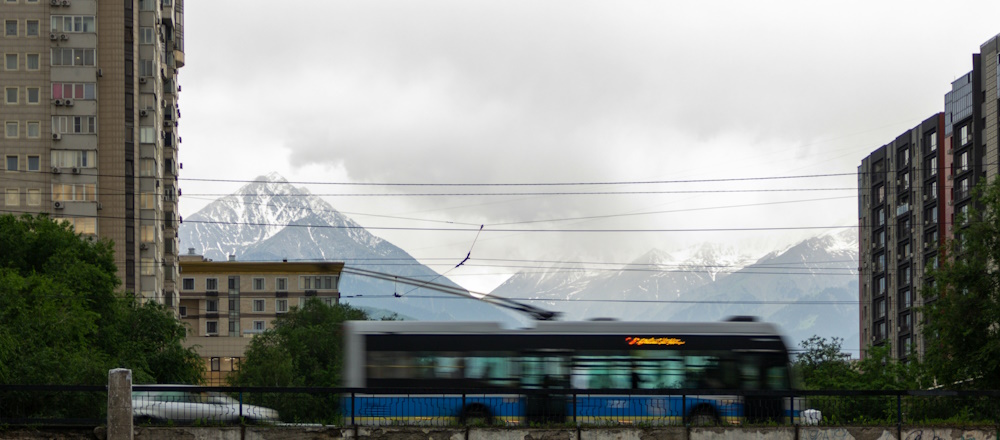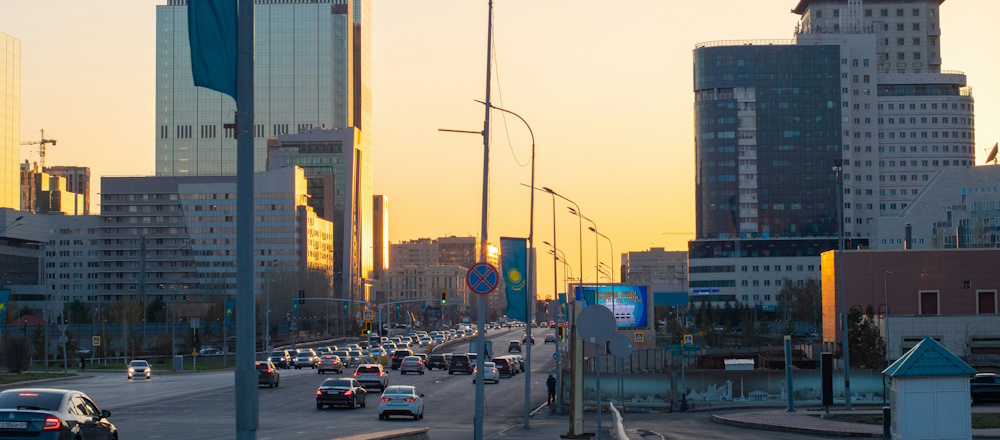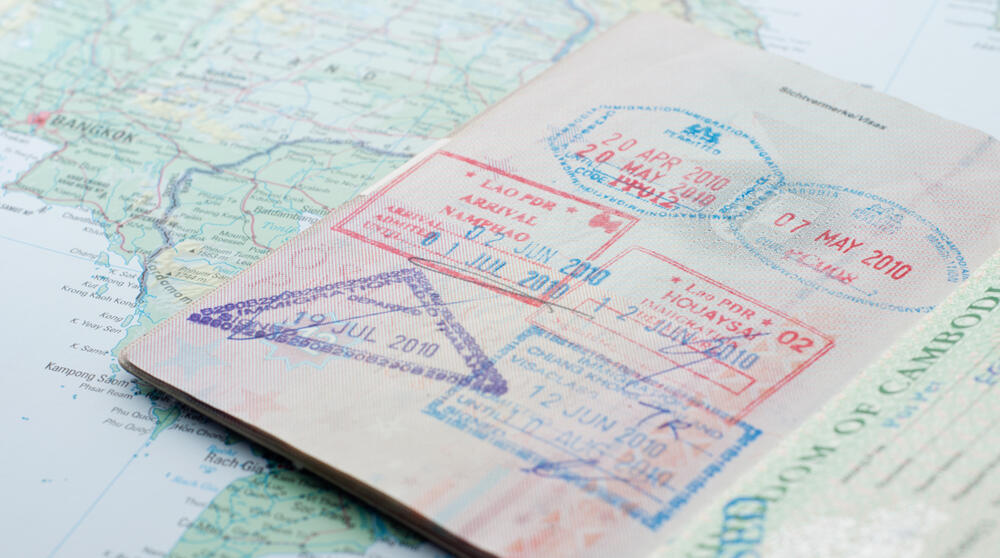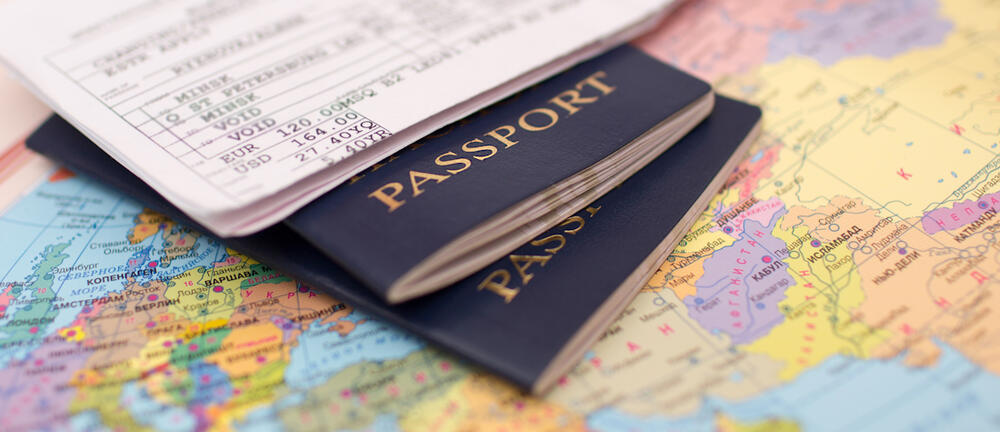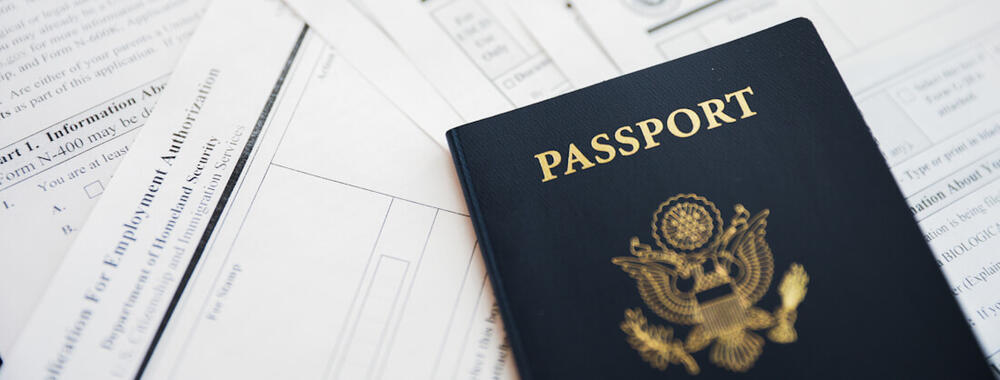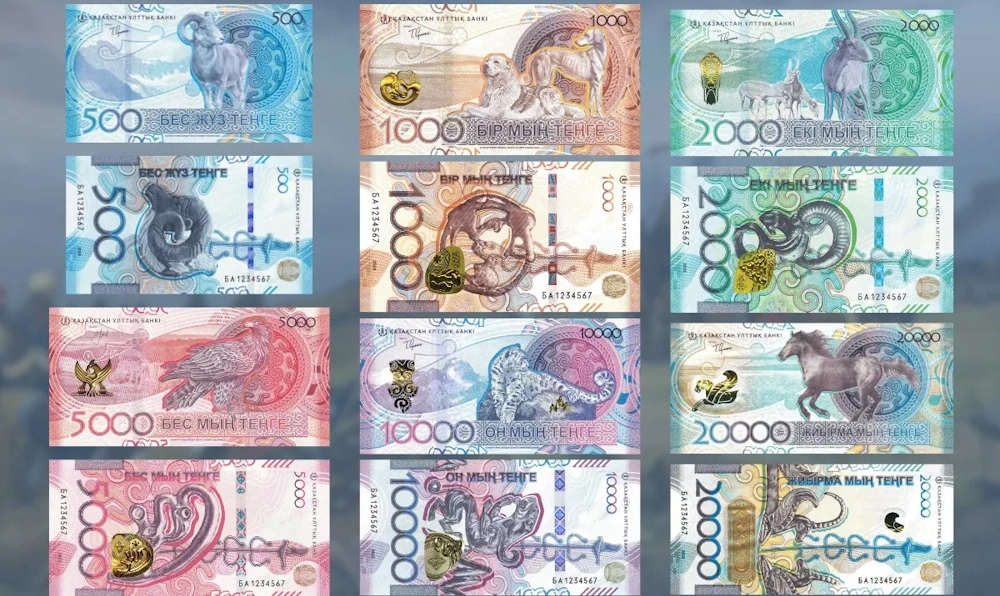Living in Kazakhstan as an expat
Moving to Kazakhstan is an adventure like no other, from the vast, empty steppe to the glitzy skyline of Almaty and the modern architecture of Astana. The country is hard at work, balancing its deep-rooted history with blistering modernisation. Kazakhstan is an economic powerhouse due to its vast natural resources, strategic location, and rapid development.
If your wanderlust is calling, Kazakhstan can answer with welcoming people, lucrative career opportunities, and breathtaking scenery. Still, it’s not a walk in the park: the extreme climate, bureaucratic processes, and cultural differences make it hard for expats to adjust.
Kazakhstan is an economic hub of Central Asia, attracting expats from various industries. While oil and education remain key sectors, mining, IT, finance, agribusiness, and logistics are also drawing international professionals. The Astana International Financial Centre (AIFC) is positioning the country as a regional financial leader, and the government’s investment in digital transformation is creating a lot more demand for tech talent.
Working in Kazakhstan
There are good opportunities for working in Kazakhstan if you’re an expat in one of the industries facing skill shortages. International doctors are in demand, and industries like construction and renewable energy are attracting fresh investment. Kazakhstan’s IT sector is also taking off, creating opportunities for software developers and AI specialists.
For you to work legally, your employer has to sponsor your work permit. Your employer must apply to the Ministry of Labour, which typically takes one to two months. Once approved, you can apply for a C3 work visa at a Kazakh consulate. After arriving, you have to register with the migration police within three days. If you plan to stay long-term, you may apply for a temporary residency permit.
Finding a Job in Kazakhstan
Visas and Residence Permits for Kazakhstan
Work Permits for Kazakhstan
Kazakh culture
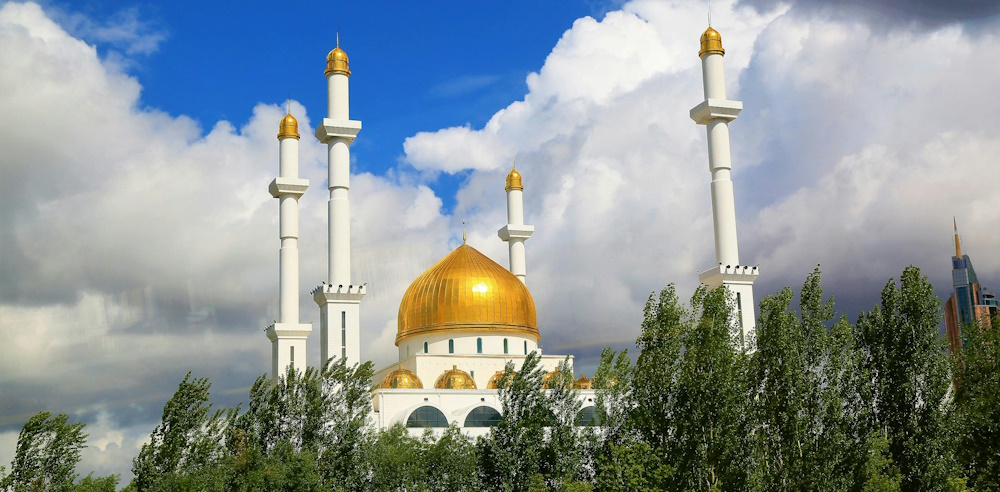
Kazakhstan’s culture is informed by nomadic traditions, Soviet influences, and modern globalisation. This is especially visible in business, where hierarchy and respect for seniority play a big role. Building connections is key, and business relationships are often developed over meals.
Social etiquette matters. Hospitality is central to Kazakh culture, and refusing an offer of food or drink can be considered rude. Age and experience are respected, so younger people should offer seats to elders on public transport.
Kazakh people are famously hospitable, and expats frequently find it easy to make local friends and business connections in cities. That said, outside urban areas, expats may be perceived as quite exotic and struggle to fit in. Learning some basic Russian or Kazakh can go a long way in fostering connections.
Adjusting to life in Kazakhstan takes patience, especially when dealing with visa renewals and residency paperwork, which can be frustratingly slow. Winters are harsh, particularly in Astana. That said, if you do the work to immerse yourself in the local culture, you’ll find living here both challenging and truly rewarding.
Local Culture in Kazakhstan
Business Culture in Kazakhstan
Finding accommodation in Kazakhstan
The property market in Kazakhstan varies widely. Soviet-era apartments are affordable but offer limited amenities, while modern, Western-style housing comes at a premium. Almaty and Astana have thriving expat communities, with higher-end accommodation concentrated in specific districts.
In Almaty, expats favour areas such as Samal for its luxury apartments and proximity to embassies, while Dostyk Avenue is known for its cafés and green spaces. Families often settle near Al-Farabi Avenue, where international schools and shopping centres are easily accessible.
In Astana, Yesil District (Left Bank) is the go-to area for expats, close to government buildings and high-end residences. The Highvill Residential Complex is also popular for its modern amenities and security. Saryarka District provides a more budget-friendly alternative with good access to the city centre.
Renting property legally requires a valid visa, a written lease agreement (typically six months to a year), and sometimes notarisation. Deposits are standard, and rent is typically paid in USD or KZT. Officially registered landlords pay rental income tax, but some prefer informal cash payments, which can pose legal risks.
Renting Accommodation in Kazakhstan
Cost of living in Kazakhstan
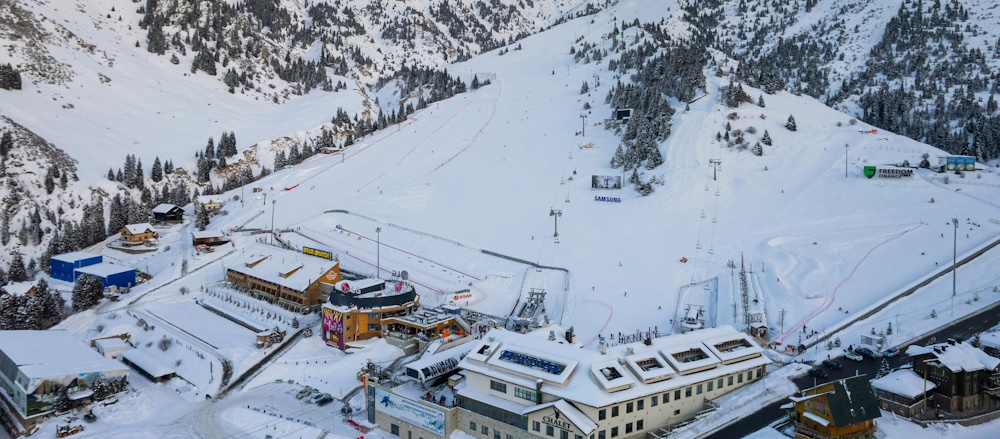
Although rent tends to take up the biggest chunk of an expat’s budget, living expenses in Kazakhstan are manageable. Everyday essentials like groceries and public transport are affordable. Fuel prices are low, making car ownership more feasible. However, international school fees can be high, so families should budget accordingly.
Groceries are affordable – staples like milk, bread, rice, and eggs cost very little. Utility costs depend on the season, with heating bills rising significantly in winter.
Living in Kazakhstan with children
Raising children in Kazakhstan can be a fulfilling experience. The country has a growing number of recreational options, from parks to aquariums and ski resorts. Healthcare services are improving, but comprehensive private insurance is recommended for expat families.
Healthcare and Medical Insurance in Kazakhstan
Finding a school in Kazakhstan
Education in Kazakhstan is compulsory until high school, but most public schools teach in Kazakh or Russian. Expats usually go for private or international schools that offer classes in English.
Admission procedures vary, but common requirements at international schools include an application form, previous academic records, entrance exams, health checks, and an interview. Spaces in these schools fill quickly, so early application is recommended.
Nazarbayev Intellectual Schools (NIS) offer a high-standard bilingual education, combining Kazakh and English instruction with a strong emphasis on STEM subjects. Some public schools in major cities provide limited English-taught subjects, but the curriculum remains predominantly in Kazakh or Russian.
School and Education for Expats in Kazakhstan
International Schools in Kazakhstan
Getting around in Kazakhstan
Kazakhstan spans a huge area, so travelling between regions takes a while. In the cities though, you’ll find inexpensive and reliable public transportation, including buses, trolleybuses, and metros. Almaty’s metro, although efficient and tidy, operates only a single route. Ride-hailing apps like Yandex Go and InDriver offer a practical, budget-friendly way to get around.
Expats can use an international driving permit (IDP) for a year. After that, they’ll need a Kazakh licence, which involves a medical exam, a driving test (in Kazakh or Russian), and paperwork at a Public Service Centre.
Road conditions vary. Major highways are well-maintained, but rural roads can be rough. Winters bring hazardous driving conditions due to the heavy snow and ice. Traffic laws are strict, including a 0 percent blood alcohol limit for drivers and strict speed limits on highways.
Public Transport, Driver’s Licences and Driving in Kazakhstan
Climate and weather in Kazakhstan
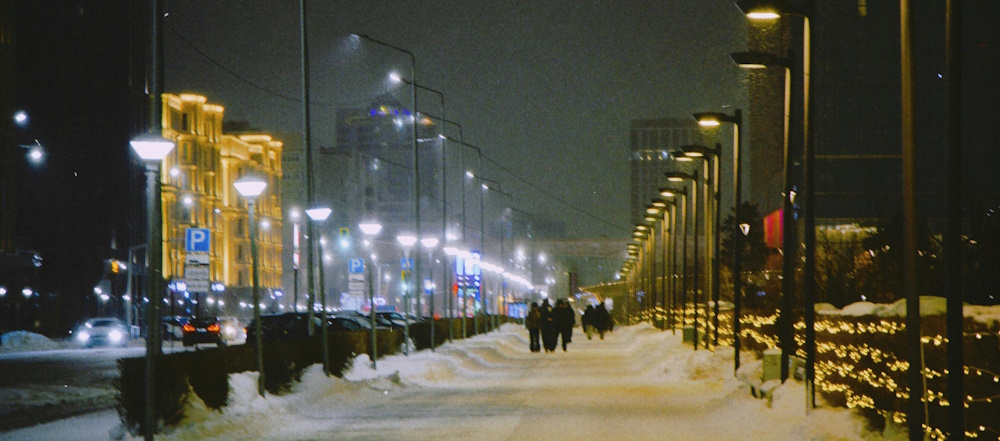
Kazakhstan’s climate is extreme, with scorching summers and freezing winters. Astana is one of the coldest capitals in the world, with winter temperatures dropping below -40°F (-40°C), while summers can exceed 95°F (35°C). Almaty has a milder climate.
Adaptation strategies include using block heaters for cars, wearing layered thermal clothing, and relying on centralised heating systems. Snowstorms can disrupt transport, and heating costs rise significantly in winter. In contrast, southern regions like Shymkent have a more Mediterranean-like climate with milder winters.
Fast facts
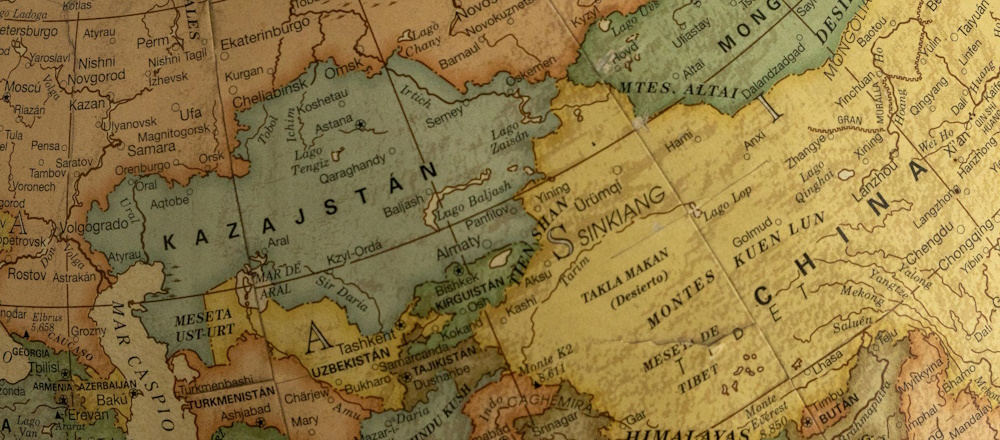
Population: Over 20 million
Capital city: Astana
Other major cities: Almaty, Shymkent, Karaganda, Aktobe
Neighbouring countries: Kazakhstan is bordered by Uzbekistan and Kyrgyzstan to the south, Russia to the north and west, and China to the east.
Geography: Kazakhstan is the largest landlocked country in the world. Its terrain comprises mountainous areas, grasslands, steppes, wide plains and numerous rivers, streams, and lakes. Although called a sea, the Caspian Sea is the world’s largest inland body of water.
Political system: Unitary presidential constitutional republic
Major religions: Islam (primarily Sunni) and Christianity (mainly Russian Orthodox)
Main languages: Kazakh (official) and Russian (widely spoken)
Money: Kazakhstani Tenge (KZT)
Tipping: Tipping is not mandatory in Kazakhstan, but it’s becoming a lot more common in urban areas for restaurants, taxis, and hotels. Some restaurants include a service charge, but additional tipping of 5 to 10 percent is often expected in tourist areas.
Time: GMT+5 (West) and GMT+6 (East)
Electricity: 220V, 50Hz. European round two-pin plugs are standard.
Internet domain: .kz
International dialling code: +7 (shared with Russia)
Emergency contacts: 101 (fire), 102 (police), 103 (ambulance)
Transport and driving: Drive on the right-hand side. Major cities have bus networks, trams, private taxis and shared taxis for transport. There are also rail networks across the country and a metro system in Almaty.
